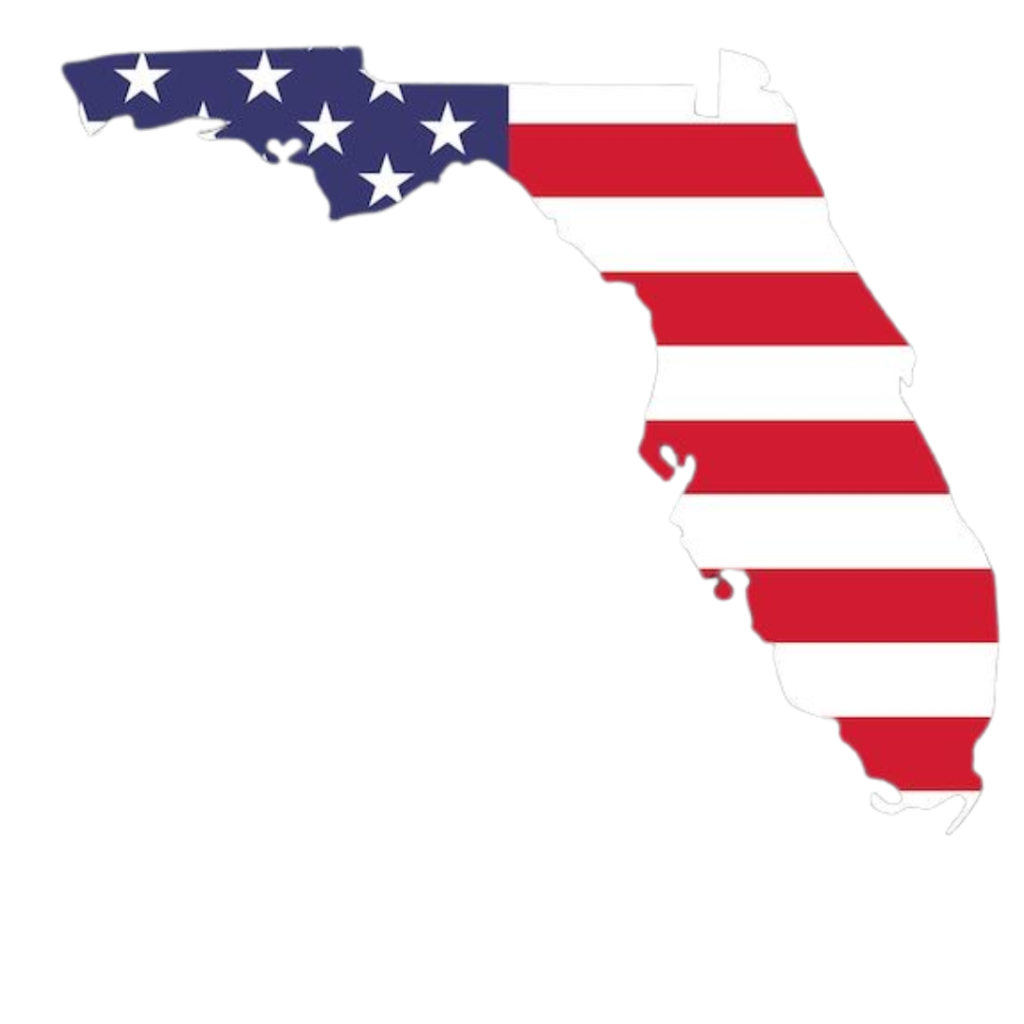In Florida’s staunchly Republican political landscape, the term “RINO” (Republican In Name Only) is a divisive label targeting GOP figures perceived as disloyal to the conservative principles championed by Donald Trump and Governor Ron DeSantis. As the 2026 gubernatorial race to succeed the term-limited DeSantis takes shape, RINO accusations are shaping the Republican primary. U.S. Representative Byron Donalds, a Trump-endorsed frontrunner, faces RINO claims from DeSantis loyalists for his fallout with the governor and alleged ties to moderate policies, while First Lady Casey DeSantis, a potential candidate, is criticized by MAGA supporters for her husband’s 2024 challenge to Trump. State legislators like Daniel Perez and Randy Fine are also branded RINOs for supporting bipartisan measures or opposing DeSantis’ agenda, fueling voter distrust in the GOP establishment.
Florida’s Republican voters, energized by Trump’s 2024 landslide and DeSantis’ 2022 victory, demand candidates who align with conservative priorities like strict immigration enforcement, fiscal restraint, and unwavering loyalty to Trump’s America First agenda. The RINO debate reflects a broader struggle between Trump’s influence and DeSantis’ legacy, with X posts alleging a “RINO Caucus” in the legislature undermines conservative wins through policies like amnesty or climate initiatives. As Trump backs Donalds and Casey DeSantis considers a run to preserve her husband’s achievements, the race is a battleground for GOP identity, with RINO accusations risking the alienation of moderates while galvanizing a base wary of establishment compromise.




